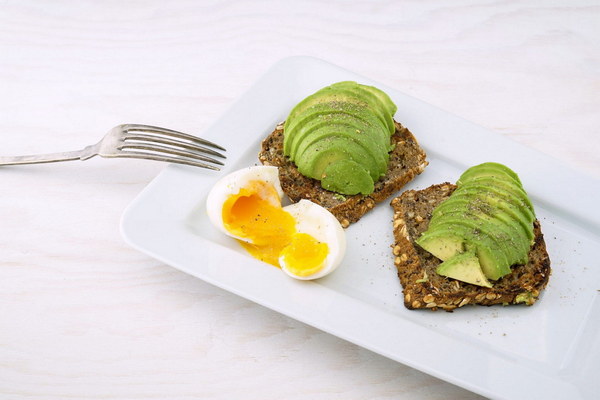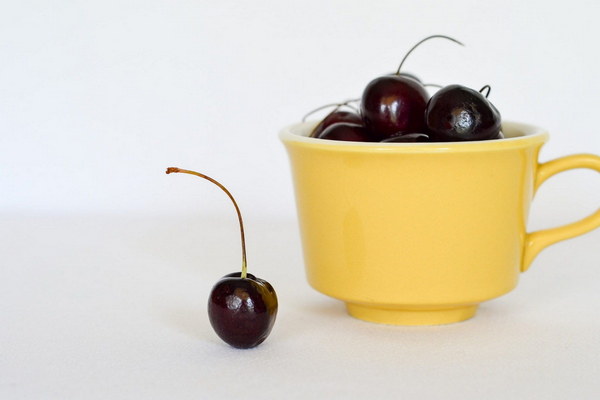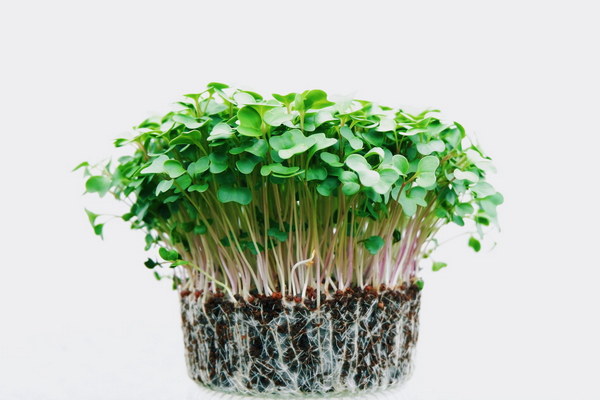Reviving Traditional Wisdom The Eastern Herbology Supplement Issue Unveils Age-Old Remedies for Modern Health Challenges
In the world of holistic wellness, the Eastern Herbology Supplement Issue of the esteemed Oriental Herbal Journal emerges as a beacon of ancient wisdom, offering a treasure trove of remedies that have stood the test of time. This issue, dedicated to the revival of traditional practices, takes readers on a journey through the rich tapestry of Eastern medicine, revealing how natural herbs can address modern health challenges.
The issue opens with a thought-provoking editorial that emphasizes the importance of preserving and embracing the wisdom of our ancestors. It highlights the fact that while modern medicine has made incredible advancements, there is still much to learn from the natural remedies that have been used for centuries in the East.
One of the standout features of the issue is a comprehensive guide to the top ten Eastern herbs that are making waves in the wellness industry. Each herb is accompanied by a detailed description of its properties, historical uses, and modern applications. Here are a few of the featured herbs:
1. Ginseng: Known as the root of life, ginseng has been used for thousands of years to boost energy, enhance cognitive function, and support the immune system. Modern research has shown that it can also be effective in treating diabetes and cancer.
2. Goji Berries: These vibrant red berries are packed with antioxidants and have been used in traditional Chinese medicine to improve vision, boost the immune system, and increase longevity.
3. Green Tea: A staple of Japanese culture, green tea is rich in polyphenols, which have been shown to have anti-inflammatory and anti-cancer properties. It is also known to aid in weight loss and improve cardiovascular health.

4. Turmeric: This versatile spice, which gives curry its characteristic yellow color, has been used in Ayurvedic medicine to treat everything from arthritis to depression. Modern research has confirmed its anti-inflammatory and anti-cancer properties.
5. Reishi Mushroom: Known as the mushroom of immortality, reishi is believed to enhance the immune system, reduce stress, and promote overall well-being. It has also been shown to have anti-cancer and anti-inflammatory effects.
In addition to the guide to Eastern herbs, the issue includes several articles that delve deeper into the practice of Eastern medicine. One article explores the concept of yin and yang, the fundamental principle of Chinese philosophy and medicine, and how it can be used to achieve balance and harmony within the body.
Another article discusses the benefits of acupuncture and traditional Chinese massage, two practices that have been used for thousands of years to treat a wide range of conditions. The authors argue that these treatments can be an effective complement to modern medical interventions, and that they are often more affordable and less invasive.
The issue also features a section dedicated to recipes and cooking tips that incorporate Eastern herbs and spices into everyday meals. From stir-fries and soups to teas and desserts, readers are encouraged to explore the diverse flavors of Eastern cuisine and the health benefits they offer.
In conclusion, the Eastern Herbology Supplement Issue of the Oriental Herbal Journal is a must-read for anyone interested in holistic wellness and the timeless wisdom of Eastern medicine. By exploring the properties and uses of traditional herbs and practices, this issue demonstrates that the ancient remedies of the East can still offer valuable insights into the treatment of modern health challenges. As the world continues to grapple with the complexities of modern medicine, the Eastern Herbology Supplement Issue serves as a powerful reminder of the enduring value of nature's remedies.









